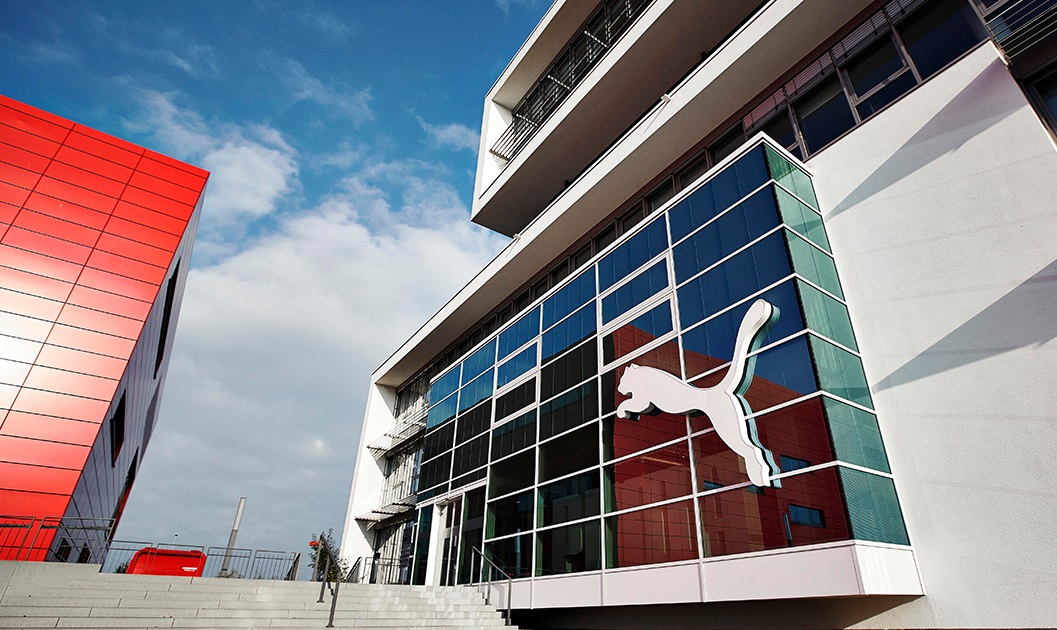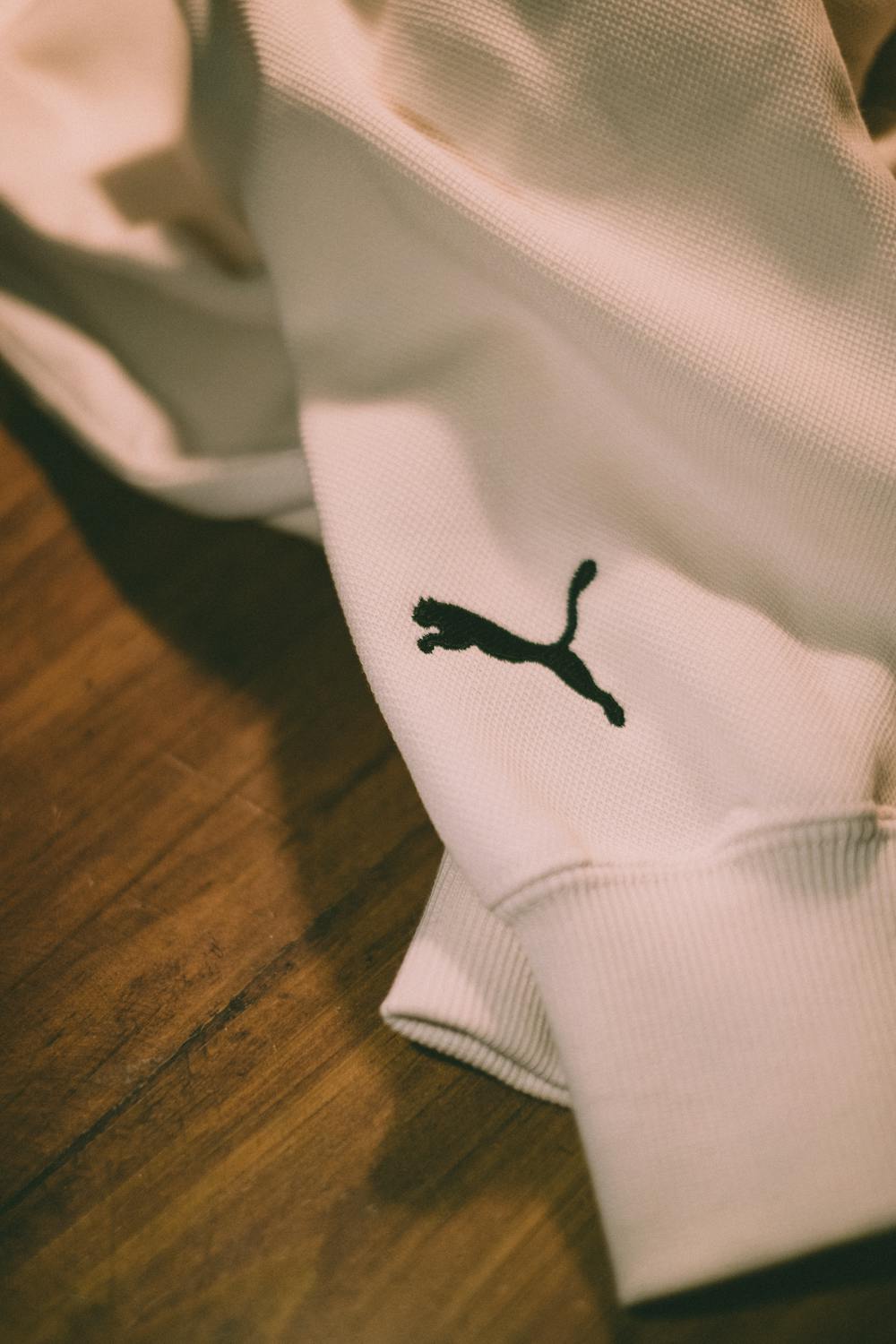
Puma, the renowned German sportswear brand, has demonstrated its unwavering commitment to sustainability by enrolling in the Deforestation-Free Call to Action for Leather, a groundbreaking initiative launched in collaboration with global non-profits, Textile Exchange and Leather Working Group. This remarkable partnership aims to establish transparent, equitable, and deforestation-free supply chains within the leather industry.
By endorsing this cross-sector initiative, Puma and other participating brands seek to eradicate deforestation and the conversion of natural ecosystems that are linked to leather sourcing. Through this collective effort, the focus lies on safeguarding wildlife habitats, preserving biodiversity, mitigating climate change by preserving carbon stocks, and protecting human rights.
Puma's Proactive Approach and Commitment to Sustainable Practices
Veronique Rochet, Senior Head of Sustainability at Puma, explains, "To address the potential risk of biodiversity loss resulting from our production processes, Puma is actively tackling environmental pollution by increasing the usage of sustainable materials and implementing a comprehensive supplier program encompassing climate, chemicals, water, and air." Rochet further emphasizes that this commitment to deforestation-free practices aligns directly with one of Puma's 10FOR25 sustainability targets, which centers on minimizing its impact on biodiversity.
Additionally, Puma pledges to refrain from using wood or wood-derived fabrics sourced from ancient and endangered forests, furthering their dedication to protecting these invaluable ecosystems and species.

Striving for Full Transparency
Puma proudly states that all of its currently sourced leather is obtained from tanneries certified by the Leather Working Group, which signifies that the manufacturers adhere to industry-leading standards in environmental management and traceability. The company diligently monitors the upstream traceability performance of its tanneries, ensuring compliance with the rigorous requirements set forth by the Leather Working Group.
However, Puma acknowledges that approximately half of the leather it utilizes is suede, a byproduct of the full-grain leather industry. One of the major challenges faced by Puma and the broader industry is that most suede tanneries collaborate with intermediaries and agents to ensure a consistent supply, which hampers complete traceability at the cattle ranch level.
Puma eagerly anticipates collaboration with industry peers, its leather supply chain, Textile Exchange, and the Leather Working Group to collectively address existing barriers and find innovative solutions. By working together, Puma aims to overcome the complexities surrounding traceability and drive meaningful change within the leather industry.
About the Leather Working Group
The Leather Working Group (LWG) is a multi-stakeholder organization formed in 2005 that focuses on the environmental certification of leather manufacturers within the supply chain. It consists of representatives from brands, suppliers, and technical experts working together to promote sustainable practices in the leather industry. The LWG has developed a set of stringent protocols and audit processes to assess and certify leather manufacturers based on their environmental performance.
This includes evaluating factors such as energy and water usage, waste management, and the use of chemicals. Leather manufacturers that meet the LWG's standards receive a rating or certification, which helps brands and consumers identify leather products that have been produced with environmentally responsible practices. The LWG plays a crucial role in promoting transparency, traceability, and the adoption of sustainable practices throughout the leather supply chain.